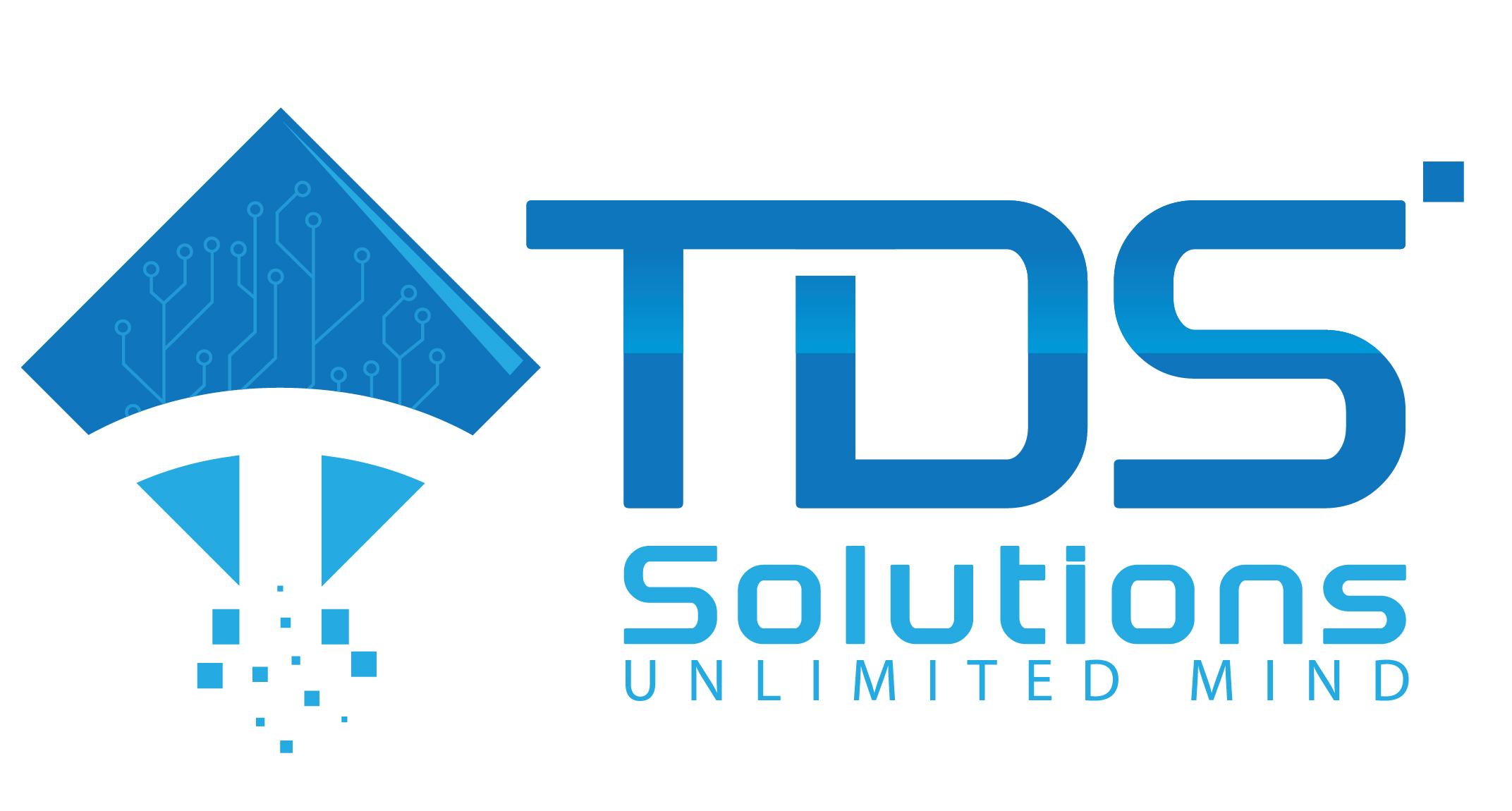Information SECURITY

In an era of a globally interconnected business, information security practice is a business enabler as it is linked to how information availability, integrity and confidentiality is managed and maintained at the business process layer.
TDS Solutions, adapted a well-defined approach based on SANS (i.e. SysAdmin, Audit, Network, Security) defense in depth to assist clients to attain information protection and operational efficiency. Versos used this approach successfully with a variety of clients. The following figure details how we help enterprises’ adapt quickly to business needs in a structured cost-effective way
- Endpoint Security
endpoint security refers to a methodology of protecting the corporate network when accessed via remote devices such as laptops or other wireless and mobile devices. Each device with a remote connecting to the network creates a potential entry point for security threats. Endpoint security is designed to secure each endpoint on the network created by these devices.
Usually, endpoint security is a security system that consists of security software, located on a centrally managed and accessible server or gateway within the network, in addition to client software being installed on each of the endpoints (or devices). The server authenticates logins from the endpoints and also updates the device software when needed. While endpoint security software differs by vendor, you can expect most software offerings to provide antivirus, antispyware, firewall and also a host intrusion prevention system (HIPS).
Endpoint security is becoming a more common IT security function and concern as more employees bring consumer mobile devices to work and companies allow its mobile workforce to use these devices on the corporate network.
- Mail Security
Email security refers to the collective measures used to secure the access and content of an email account or service. It allows an individual or organization to protect the overall access to one or more email addresses/accounts.
An email service provider implements email security to secure subscriber email accounts and data from hackers – at rest and in transit.
- Web security
Web Security also known as Cyber Security relates to the securing of websites and servers from online risks. It is aimed at safeguarding the sensitive data by restricting, discovering and responding to attacks. The website security check involves scanning for potential vulnerabilities and malware through website security software.
A web security check informs the user of the online risks and advises solutions to address them. The first step to ensuring safety is by preventing and recognizing the risks. On the other hand, it is equally important in knowing the about Hacker, Hacking, Worms, Viruses, Trojans, Spyware, Adware, Rootkits, etc., which can attack and damage, disable, or disrupt host computers and networks.
Malware virus threats are highly infectious and are capable enough to corrupt your data and damage your network and web security. Malware viruses silently trespass your system and execute lots of malicious activities that make your website and network non-responsive
